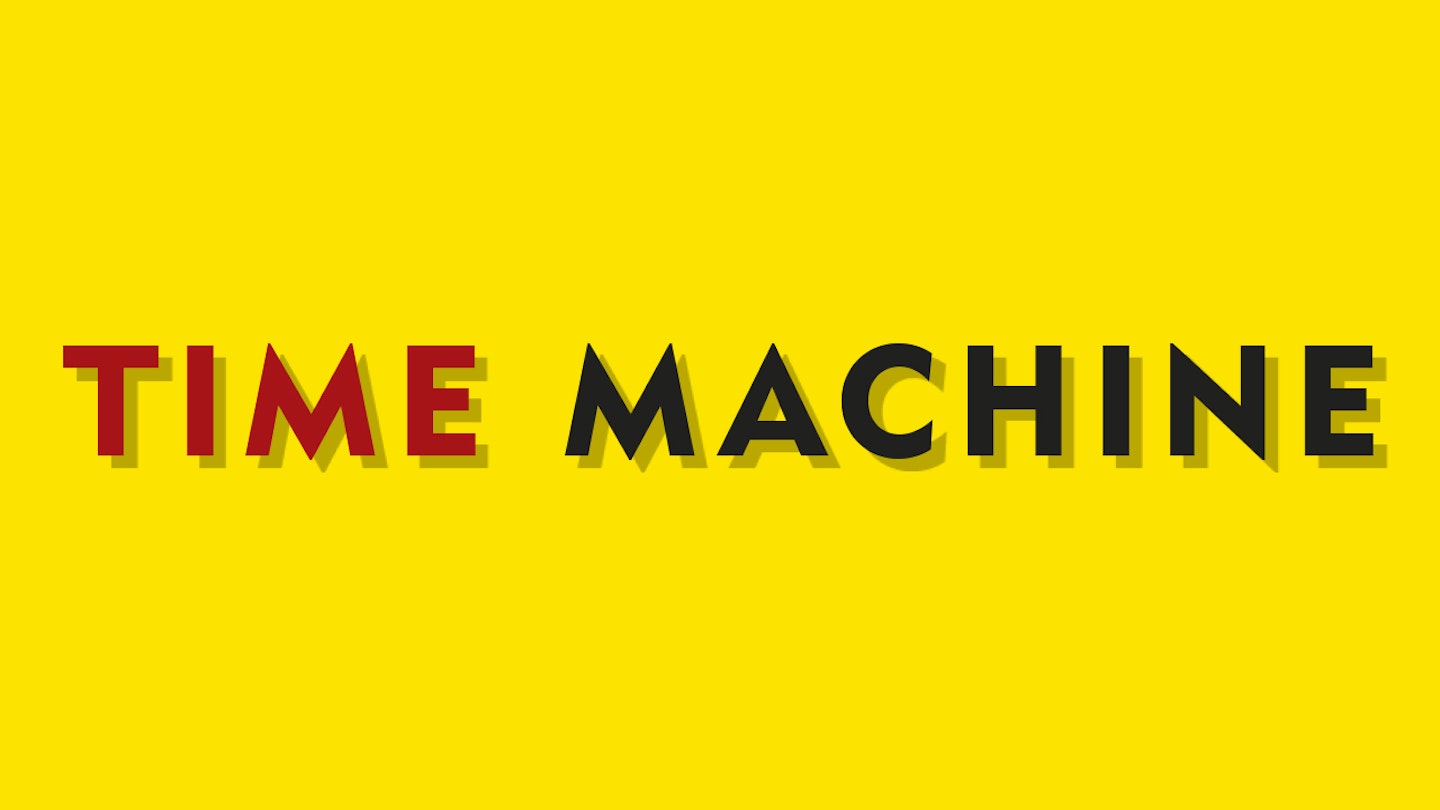15 September, 1963
The Beatles were looking forward to a holiday in early September, 1963. They’d been playing tour dates, working at EMI on tracks for their second album, and slotting in various promotional, TV and radio events. The sound of their chart-topping single, She Loves You, echoed from a zillion Dansettes and all was well with the Epstein empire. So well, in fact, that Brian Epstein had installed a new ruling, nixing gigs at small venues and insisting that, wherever possible, The Beatles would appear only in proper theatres.
But it was exhausting. John Lennon was looking forward to a planned trip to Paris with his wife Cynthia. George Harrison planned a visit to his sister Louise, who lived in Illinois, while Paul McCartney and Ringo Starr had booked a trip to Greece.
First, however, there was an important live show to perform. Come Sunday, September 15, they were due at London’s Royal Albert Hall to top a bill involving The Viscounts, Shane Fenton, Kenny Lynch, The Brook Brothers, Billie Davis and others at the Great Pop Prom, an all-star afternoon concert in aid of the Printers’ Pension Corporation, promoted by teen magazines Valentine, Marilyn and Roxy.
“Up there with The Rolling Stones we felt like gods.”
Paul McCartney
Not that anyone realised that this was history in the making. For it was to be the first of only two occasions when the Fabs would appear on the same stage as The Rolling Stones. And not only the same stage: a photocall had been arranged that would link the Stones and The Beatles on the Hall’s South Steps. It was, according to Paul McCartney, the moment he realised that The Beatles had really made it.
“Standing up on those steps behind the Albert Hall in our new gear, the smart trousers, the rolled collar,” he recalled. “Up there with The Rolling Stones, we were thinking ‘This is it – London! The Albert Hall!’ We felt like gods.”
The Daily Mirror reported that there were: “60,000 screaming teenagers intent on crushing just four Beatles. Never has the Royal Albert Hall seen scenes quite like it. Even for Britain’s newly elected top vocal group, The Beatles, it was bewildering. They were the target for anything the teenagers could lay their hands on. Girls swept out of their seats and tried to rush the stage… they were repelled by about 40 commissionaires. After their final number, Twist And Shout, the four Beatles fled from the stage and out of the hall into a waiting cab.”
The Rolling Stones were no less impressive. Dressed in dark trousers, pale blue shirts with ties and dark blue leather waistcoats, they delivered a torrent of blues-flecked material that tore the place apart. “We got an amazing reception,” Keith Richards recalled. But the Stones were hardly top of the heap at that point. They were paid only £35 for their RAH set and most of their gigs that September were at venues like Twickenham’s Eel Pie Island or Ken Colyer’s Jazz Club in London. Even on this, the biggest occasion of their lives up to that date, they immediately had to return to their standard routine.
The Stones make a dash
“We couldn’t hang around because we had to head back down the A3 to Richmond to play the Crawdaddy Club that night,” rued Richards.
The Royal Albert Hall had already played a prominent part in the life of Paul McCartney. When The Beatles had played at the venue earlier in the year, as part of a BBC show titled Swinging Sound ’63, he’d met fiancée-to-be Jane Asher, who was covering the event for the Radio Times. “I realised this was the girl for me,” he informed all who enquired about his love life.
The hall’s authorities did not feel quite so loving. Everything had been too unruly, too sensational to be healthy. At a meeting held a few weeks after the Great Pop Prom, it was proposed that The Beatles, who were scheduled to return for a New Year’s Eve Ball, should be the subject of a permanent ban. In the end, common sense triumphed: as revealed in the RAH council minutes, the president said he felt this particular group represented “first-class entertainment”, and the edict was never implemented. The fact that the Fabs had been chosen to appear in that year’s Royal Command Performance obviously played a part in the decision. Even so, The Beatles never appeared at the New Year’s show. At which the RAH authorities breathed a sigh of relief.
